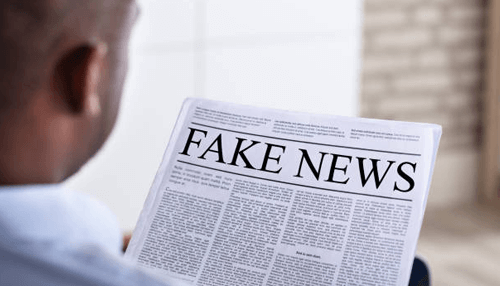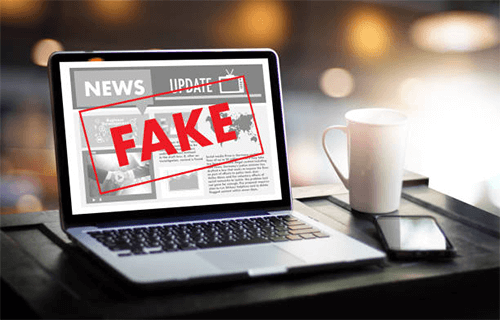A reliable source is the most important feature of a good journalist. When news is published without a source, it runs the risk of blurring the lines between truth and gossip. When fake news providers are held accountable for their content, it creates a completely different story.
What Qualifies as Fake News?
Fake news is another form of propaganda that is published to sway viewers and readers. Several outlets distribute fake news. Due to the number of users online, social media has proven to be the most effective method. When law management defines fake news, it looks at the source or lack of sources. If the source is legitimate, then the story created has the backing of facts. Without a proper source, the story is created and can’t be fact-checked if challenged.
Fake news can also be created by legitimate sources when the original story is contorted to fit a different narrative. With so much fake news circulating online these days, it’s essential to have resources like CheckTheFake.News at your fingertips. With this resource, you can fact-check anything and everything before sharing it with others or making decisions based on false information.
Prominent Fake News Stories
When fake news hits, it usually targets the biggest names in the world. Netflix has been in the crosshairs of several fake news stories aimed at lowering its stock price. When stories about a public company come out, it tends to affect the market. The biggest fake news stories to come out about Netflix revolve around another price increase in their subscription. Although this story was true in the past, new iterations of the story regularly pop up to drive the stock price down.
COVID-19 fake news stories happen daily, and a few have developed into a completely different phenomenon. Since COVID is still trending, fake news about the virus spreads like wildfire. It is one of the most talked-about and misinformed subjects in the modern world.
Getting Sued
Getting sued for fake news is common, but litigation does not always lead to victory for a plaintiff. Defamation is hard to prove, and in some situations, it gets thrown out of court before it gets too serious. There are notable suits in this category that set their own specific precedent for both sides.
Actress Rebel Wilson won a defamation lawsuit against Bauer Media. The magazine publisher was forced to pay 4.1 million dollars after a series alleged of false articles led to reduced roles for Wilson. Although Wilson won the original case, an appeal cut her winnings by more than 80 percent.
Both local and national news organizations around the world have been sued for defamation. In one particular case, a legal defense was that a television host was for entertainment rather than news. This was probably the biggest one to come out in the last few years, and was good ammunition for local cases in small claims court. With billions of social media users around the world using this for ammunition, suing for defamation requires the backing of a strong attorney.
We All Have a Responsibility
Fake news content will continue to get pushed as long as it gets clicks. It makes for great entertainment but can be debilitating if it is taken at face value. By getting the law involved, accountability gains its intended momentum.



